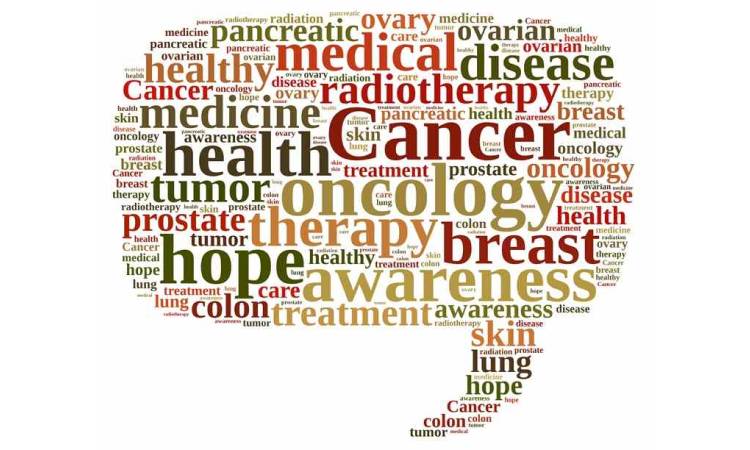Chemotherapy vs Hormone Therapy Explained
Chemotherapy vs Hormone Therapy Explained

Cancer treatment has evolved to include a range of therapies tailored to the specific nature of each diagnosis. Among these, chemotherapy vs hormone therapy stand out as widely used approaches. Understanding how each therapy works, when it’s used, and its potential effects is essential for patients and caregivers making informed treatment decisions.
Chemotherapy Vs Hormone Therapy
Both chemotherapy and hormone therapy are widely used in cancer treatment, but they work in different ways and have distinct effects on patients.
Chemotherapy
Chemotherapy uses strong drugs to kill or stop the growth of cancer cells.
1. How it works:
Employs cytotoxic drugs to target and destroy rapidly dividing cancer cells.
2. Administration:
• Orally through pills or liquids
• Intravenous (IV)
• Injections
• Intrathecal: Injected between the layers of tissue that cover the brain and spinal cord.
• Intraperitoneal: Delivered into the peritoneal cavity, the space in your abdomen that holds organs like the stomach, intestines, and liver.
• Intra-arterial: Injected directly into an artery that leads to the tumour.
• Topical applications to directly target affected areas.
3. Side effects:
• Tiredness
• Nausea
• Sore mouth and throat
• Weakened immune system
• Bleeding or bruising more easily than usual
• Constipation or diarrhoea
• Temporary hair loss
• Numbness or tingling in your hands or feet
• Problems with memory and concentration
• Blood clots
4. Effectiveness:
Particularly beneficial for aggressive or advanced-stage cancer.
Hormone Therapy
Also called hormonal therapy, hormone treatment, or endocrine therapy, it is a targeted treatment used for cancers that are influenced by hormones. It works differently than chemotherapy and is typically used for hormone-sensitive cancers like breast and prostate cancer.
1. How it works:
Hormone therapy works by blocking or lowering hormone levels that fuel the growth of certain cancers that depend on hormones to spread anwd gro.
2. Administration:
• Orally through pills
• Injections
• Implants placed under the skin that slowly release medication over time.
3. Side effects:
• Breast tenderness or pain
• Decreased sex drive (libido)
• Nausea or vomiting
• Erectile dysfunction (in men)
• Fatigue
• Hot flashes
• Menstrual changes (in women)
• Mood changes (e.g., irritability, depression)
• Sweating
• Vaginal dryness or discharge (in women)
4. Effectiveness:
Highly effective in minimising the risk of cancer recurrence in hormone-sensitive cancer.
Conclusion
Both chemotherapy vs hormone therapy have benefits and side effects, making it essential to work closely with your healthcare team to determine the most effective approach.
Given the high costs often associated with cancer treatment, it’s also wise to buy health insurance that provides coverage against a range of therapies and medications. This ensures access to the necessary care without facing overwhelming financial strain.
Disclaimer: The above information is for illustrative purposes only. For more details, please refer to the policy wordings and prospectus before concluding the sales.
RELATED ARTICLES
Does Health Insurance Cover Chemotherapy?
Chemotherapy Costs and Top Hospitals in Mumbai
Chemotherapy Cost in Pune: Factors and Estimates
Chemotherapy Cost in Delhi: Best Hospitals and Treatment
Chemotherapy Cost in Hyderabad










 Health Insurance
Health Insurance  Travel Insurance
Travel Insurance  Car Insurance
Car Insurance  Cyber Insurance
Cyber Insurance  Critical Illness Insurance
Critical Illness Insurance
 Pet Insurance
Pet Insurance
 Bike/Two Wheeler Insurance
Bike/Two Wheeler Insurance  Home Insurance
Home Insurance  Third Party Vehicle Ins.
Third Party Vehicle Ins.  Tractor Insurance
Tractor Insurance  Goods Carrying Vehicle Ins.
Goods Carrying Vehicle Ins.  Passenger Carrying Vehicle Ins.
Passenger Carrying Vehicle Ins.  Compulsory Personal Accident Insurance
Compulsory Personal Accident Insurance  Travel Insurance
Travel Insurance  Rural
Rural 











